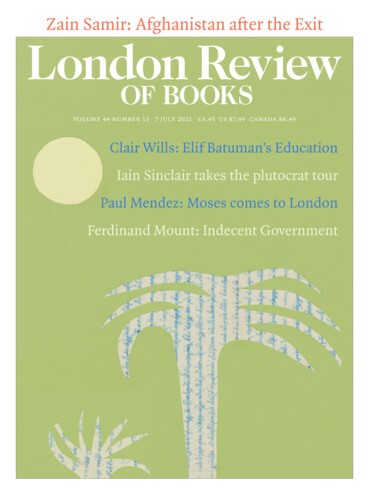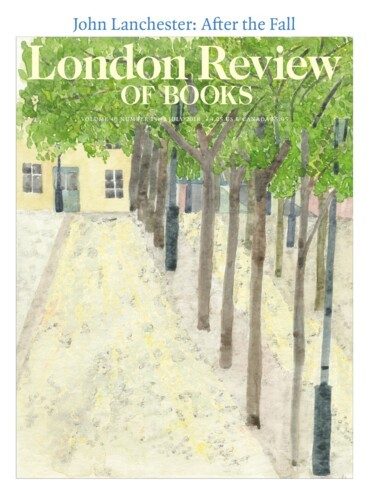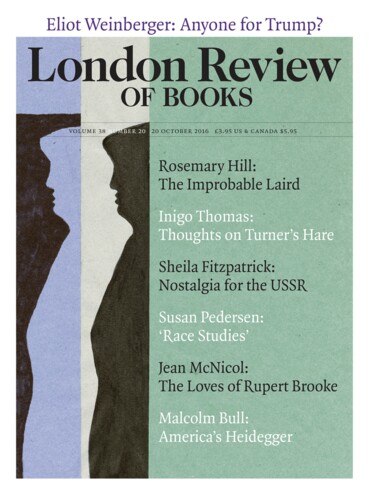Short Cuts: Petro Wins
Gwen Burnyeat, 7 July 2022
IN one of the many videos circulating on social media of people celebrating the results of Colombia’s presidential election run-off on 19 June, a man bursts from a door onto a small concrete balcony: ‘The first Black vice-president! First Black vice-president, son of a bitch! Viva Colombia! Viva Francia! Thank you, God!’ Two teenage girls run to hug him, wiping away their...




